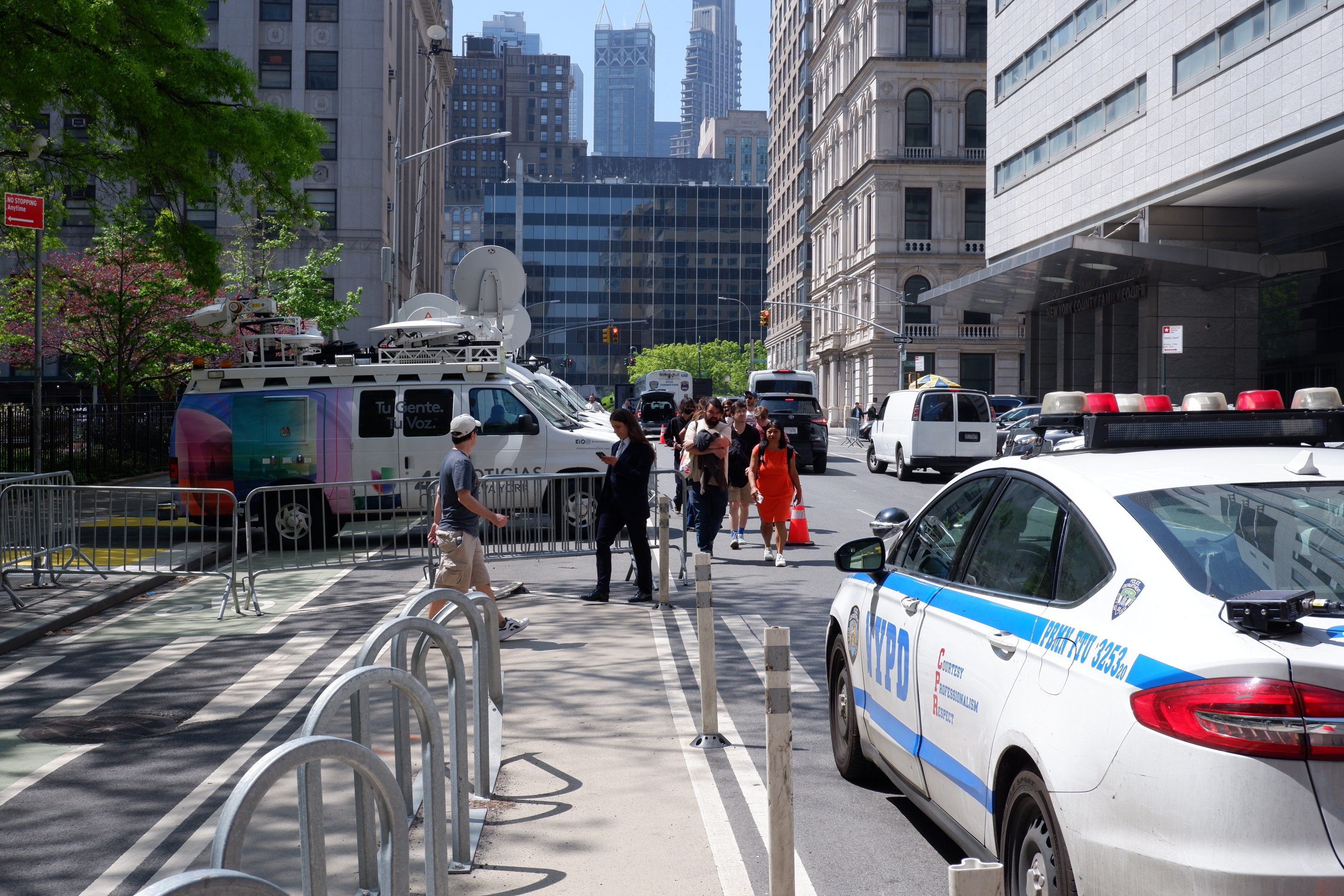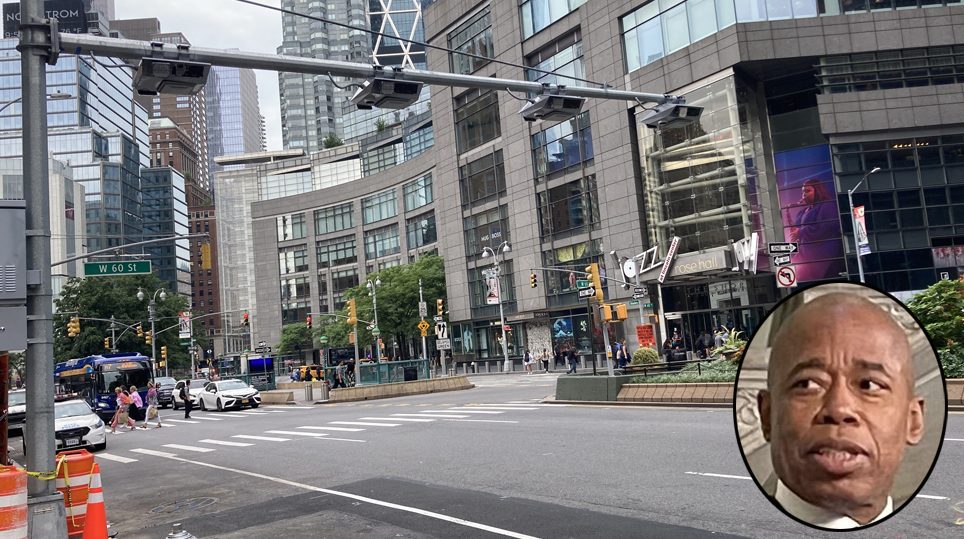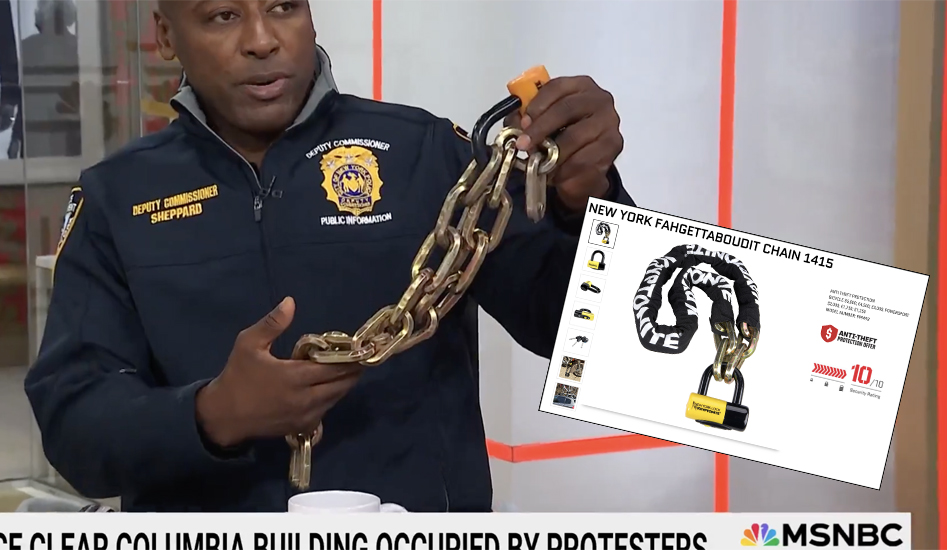Just before the midnight deadline last night, State Senate Co-Leader Jeff Klein introduced legislation that would lower New York City's default speed limit from 30 to 25 miles per hour. The new bill is an improvement over the proposal Klein floated last week, but it still has drawbacks.
The bill is a step up from the proposal that Klein was reportedly considering because it doesn't apply the 25 mph default speed limit only to smaller streets, and it doesn't require community board approval to lower speed limits on wide arterial roads. But it does insert community boards into the process in other ways that could slow down implementation, and it also fails to clear the way for the rapid expansion of 20 mph zones that would be possible under an Assembly bill backed by Speaker Sheldon Silver.
By introducing the bill now, Klein sets the stage for a vote on Thursday, the final day of the legislative session, before potentially ironing out differences with the Assembly in committee.
The new legislation would set a citywide default of 25 mph on city-controlled streets, which would encompass nearly all surface roads, with a few exceptions like Ocean Parkway.
But while the Assembly bill would let the city lower speed limits on specific streets to 20 mph with signage alone, a life-saving measure that's been embraced by Paris and other cities, Klein's bill keeps intact a requirement that DOT must also install traffic calming devices like speed humps on 20 mph streets. This will continue to stymie the kind of widespread application of 20 mph limits on residential streets that the City Council has recently called for.
The upshot is that 20 mph limits will likely remain restricted to areas in the Neighborhood Slow Zone program. Neighborhood Slow Zones, which cost up to $200,000 each, are set to be installed at a rate of about one per borough per year through 2016. Dozens of neighborhoods that apply for Slow Zones each year are denied.
Last week, Klein was talking about setting the speed limit based on the number of lanes on each street, and requiring community board approval before lowering the speed limit below 30 mph on the city's most dangerous arterial streets with three or more lanes. Those provisions would have made it more difficult to implement the Arterial Slow Zone program, which reduces speed limits on the city's most dangerous streets, and do not appear in the new bill.
Still, Klein's legislation would set a precedent by adding community boards to speed limit law for the first time. The bill requires the city to give a 60-day notice for comment from local community boards before changing the speed limit by more than 5 mph. This will probably make the city more hesitant to propose lowering speed limits on specific streets by more than 5 mph.
Under Klein's bill, the Neighborhood Slow Zone program, which would lower speed limits by exactly 5 mph from the new 25 mph default, would not trigger community board involvement. Of course, DOT already presents Neighborhood Slow Zone projects to community boards, even though it is not required by law. While the Neighborhood Slow Zone initiative is popular, some community boards have used their advisory role to stonewall and push DOT to delay implementation.
Another provision in Klein's bill would add reporting requirements for 20 mph zones, mandating updates twice a year on crash rates where Slow Zones have been implemented.
If it is enacted in its current form, the Klein bill would entail a major tradeoff: A citywide 25 mph speed limit with more red tape for 20 mph zones and any project that lowers speed limits by more than 5 mph codified in state law.





